Quick facts
- Population: 7,153,784 (2016)
- Capital: Sofia
- Geographical size: 111,002 km2
- GDP: € 72.364 billion (2016)
- Official EU language(s): Bulgarian
- Currency: Bulgarian lev (BGN)
Higher education in Bulgaria
- Number of higher education institutions: 51
- Number of students in higher education: 233,249 (2014-5 Academic Year)
- Number of international students in higher education: 10,544 (2014-5 Academic Year)
- Language of instruction: Most higher education programmes in Bulgaria are taught in Bulgarian language but you will find many taught in English, German, French and Russian too.
- Typical tuition fees:
- Tuition fees for students from the European Union typically range from around 320 to 1550 BGN (160 – 850 €) per year.
- Tuition fees for students from outside the EU typically range from around 1500 to 8000 BGN (800 – 4000 €) per year.
- Average length of a full-time higher education programme in Bulgaria:
- Bachelor’s degree programme: 3-4 years
- Master’s degree programme: 1-2 years
- Doctorate/PhD: 3-4 years
Overview
Located in the southeast region of the Balkans, Bulgaria has a beautiful and diverse geography. The north of the country is dominated by the vast lowlands of the Danube Plain and the river Danube. The south of the country, by contrast, is dominated by mountain highlands and elevated plains while, in the east, the Black Sea coast attracts tourists all year round.
Founded in 681, Bulgaria is one of the oldest states in Europe. Its history is marked by its location near Europe’s frontier with Asia. Some 85% of the population are Orthodox Christians and 13% Muslims. Around 10% of the population are of Turkish origin while 3% are Roma. Similarly, its traditional dishes are a mixture of east and west. The most famous Bulgarian food must be yoghurt, with its reputed gift of longevity for those who consume it regularly.
Bulgaria is great place for you to study and gain industry-skills. The most important sectors of Bulgaria’s economy in 2014 were industry (23.5 %), wholesale and retail trade, transport, accommodation and food services (21.3 %) and public administration, defence, education, human health and social work activities (13.2 %).
Bulgaria’s main export partners are Germany, Turkey and Italy while its main import partners are Russia, Germany and Italy.
Famous Bulgarians include philosopher Julia Kristeva, Elias Canetti, Nobel Prize winner for literature in 1981, and Christo Javachev (“Christo”), the creator of many unorthodox outdoor sculptures.



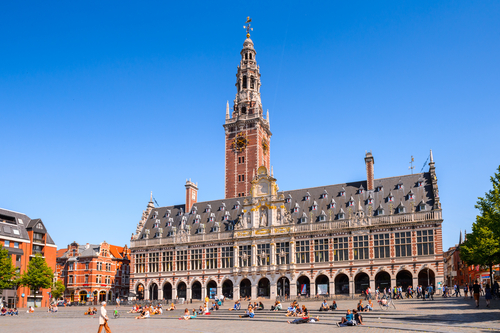

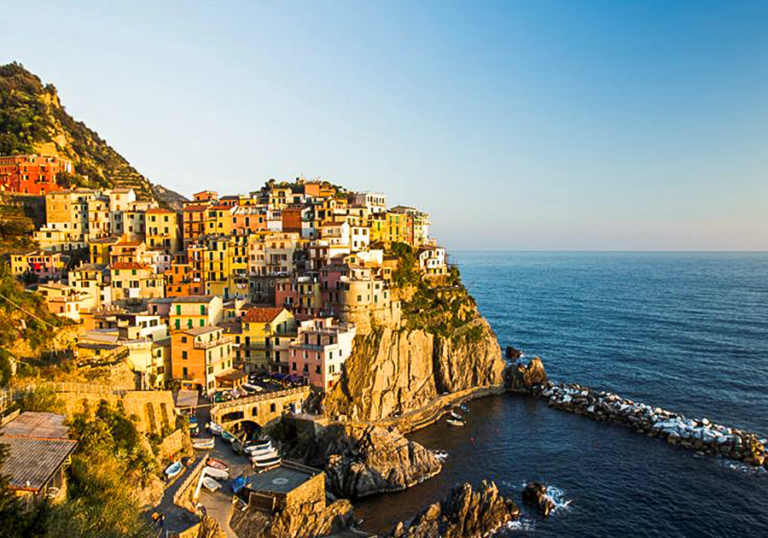
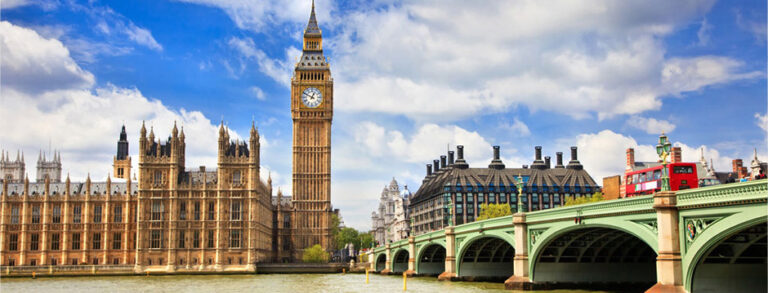
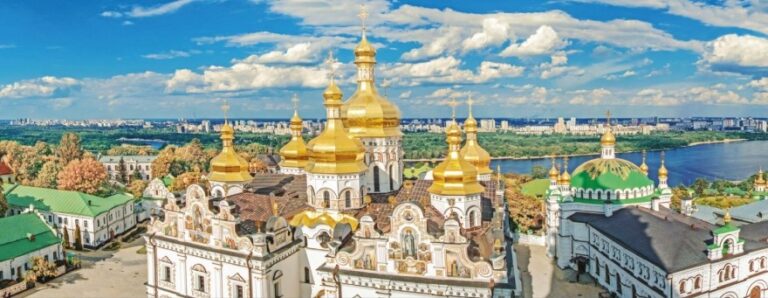
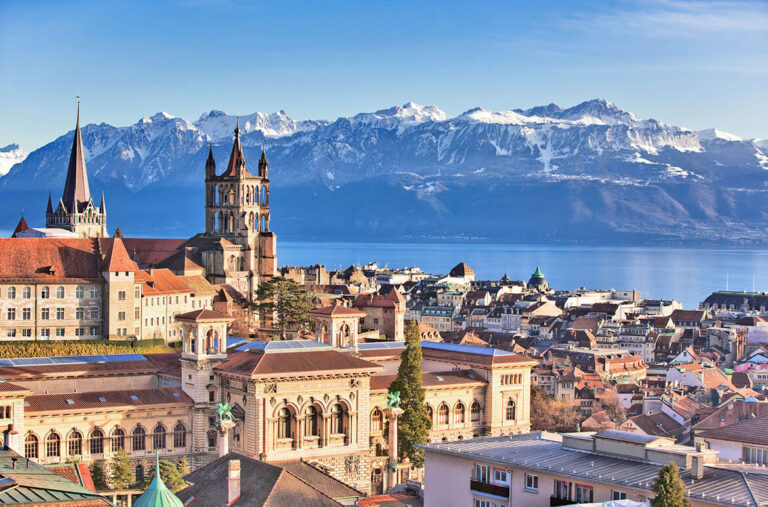

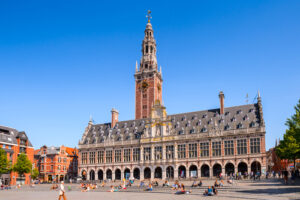
Sections 1.10.32 and 1.10.33 from “de Finibus Bonorum et Malorum” by Cicero are also reproduced in their exact original form, accompanied by English versions from the 1914 translation by H. Rackham.
It is a long established fact that a reader will be distracted by the readable content of a page when looking at its layout.
The point of using Lorem Ipsum is that it has a more-or-less normal distribution of letters, as opposed to using ‘Content here, content here’, making it look like readable English.
Many desktop publishing packages and web page editors now use Lorem Ipsum as their default model text, and a search for ‘lorem ipsum’ will uncover many web sites still in their infancy.
The standard chunk of Lorem Ipsum used since the 1500s is reproduced below for those interested.